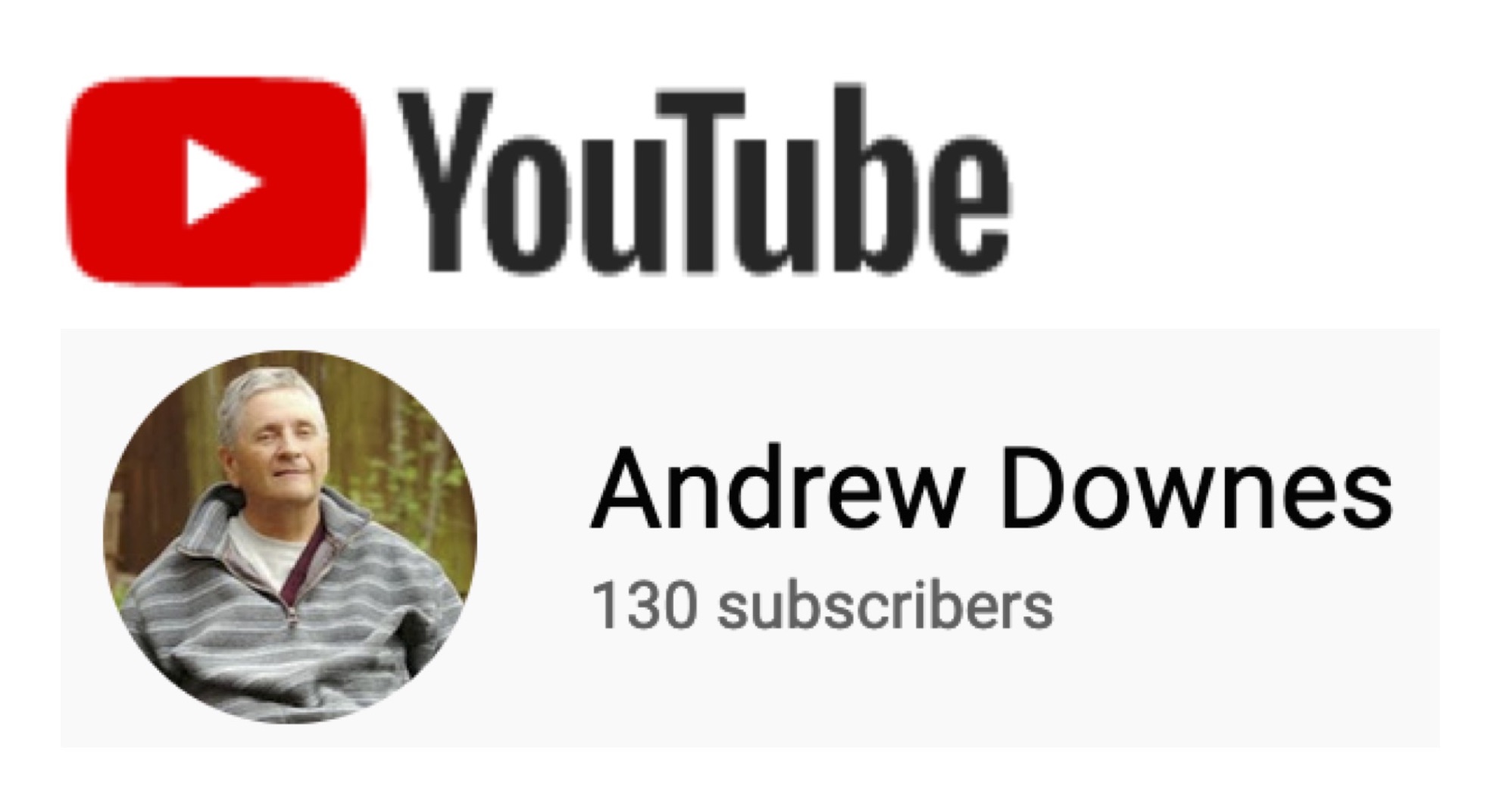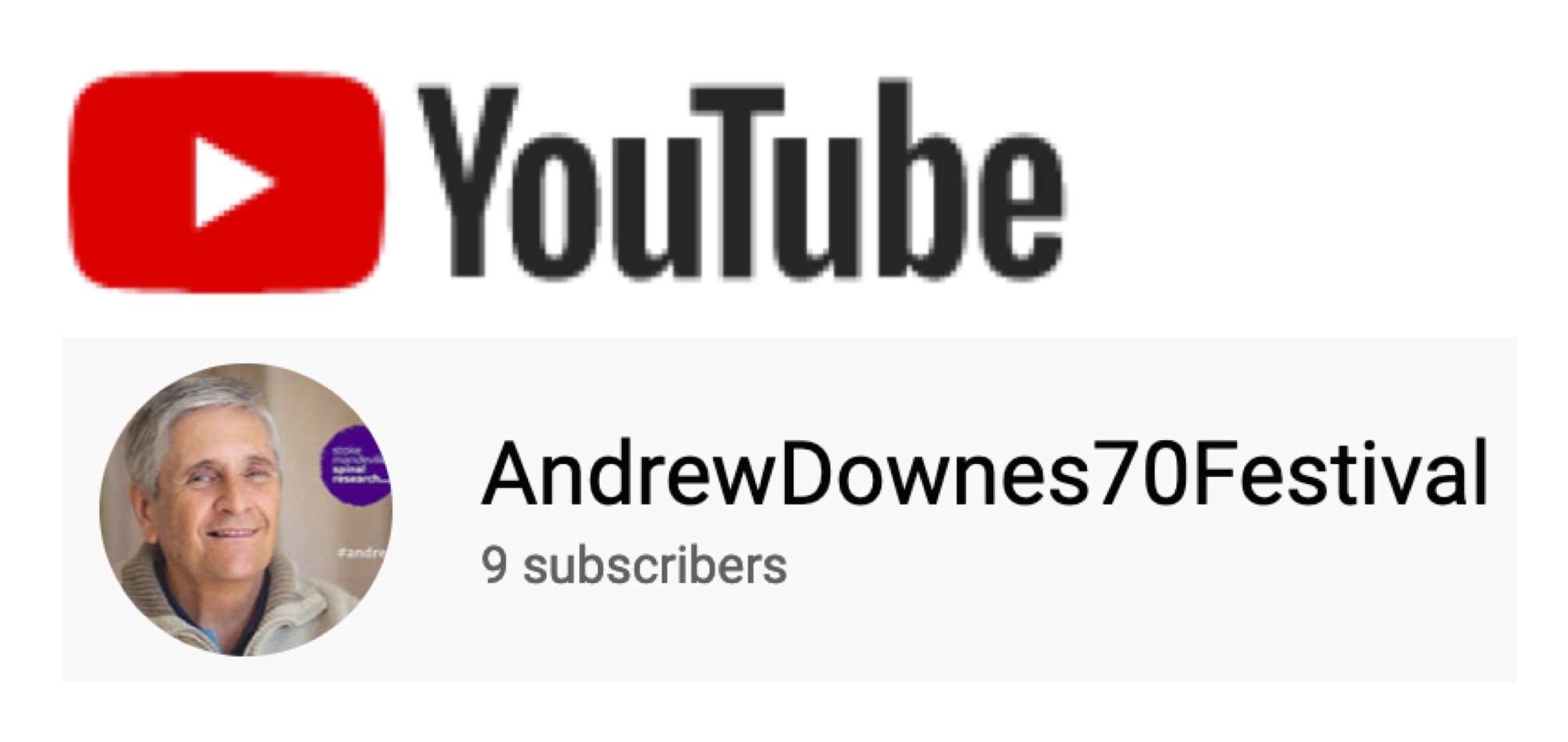Back to andrewdownes.com

Music Education
Resources by Paula Downes, a lot of music by Andrew Downes
CASE STUDY
Andrew Downes' Old Love's Domain: Analysis and Performance through Film
View Score Composer Information
On this page:
The Difficulties of Analysing Song
Analysis and Performance of Old Love's Domain
View all the Films
The Difficulties of Analysing Song
The authors quoted in the previous article, "Analysis and Performance: A Survey of the Literature" were mainly referring to instrumental music, not vocal music.
Choosing to analyse or perform a song raises further problems: one not only has to deal with the music, but with the words as well. Moreover, words and music have to be negotiated simultaneously in the performance. In "Analysis and Performance: A Survey of the Literature", there was reference to William Rothstein's idea of discovering a "narrative" for the music. In song, narrative is already there. One could therefore draw the conclusion that a singer has an easier job than an instrumentalist does in that the singer already has words. Words, however, create other difficulties. The singer must initially gain insight into the words and the meaning behind them, and then he or she must try to understand how the music interprets the words. A composer does not usually simply paint each word in succession. As Swain writes in his book Musical Languages, "The music of a successful vocal piece is not a translation of its text and is nothing like the translation of two languages".[1] Finally, the singer has the difficult task of becoming the character created initially by the poet and then recreated by the composer. In the words of Edward T Cone, "The poetic persona, originally a surrogate for the actual poet, now becomes, through its participation in the vocal-instrumental persona, a surrogate for the actual composer".[2] Thought needs to be put into the accompaniment as well. The term "vocal-instrumental persona" demonstrates Cone's view that "the instrumental accompaniment directly conveys certain aspects of the musical consciousness of the vocal protagonist". Rather than perceiving the pianist and singer as separate entities, Cone says they should be seen as a "unitary vocal-instrumental protagonist". A singer must therefore work just as hard as an instrumentalist in order to interpret the work in question.
With the above ideas concerning the analysis of a song in mind, the remainder of this page will aim firstly to "chart the terrain" of the song cycle, and secondly how to "move within this terrain".[3] Tim Howell's "chain reaction" for the performer could be used:

There are, however, difficulties with this paradigm: firstly, the vagueness of the words Howell chooses to use without further elucidation. Secondly, since Howell himself writes about the chain reaction of the analyst, "this would not be viewed as representing discrete stages in a procedure since that would deny the crucial interaction of these differing levels".[5] A more accurate representation would have arrows pointing in many different directions, not just forwards. The following account of preparation for the performance of Old Love's Domain will attempt to be more realistic than Howell's model.
Analysis and Performance Old Love's Domain by Andrew Downes
Background to the poetry and music:
Old Love's Domain is a song cycle by Andrew Downes, setting five poems by Thomas Hardy: 'The Division', 'Something Tapped', 'Where the Picnic Was', 'At Castle Boterel', and 'The Curtains Now are Drawn'. All five poems concern Hardy's first wife, Emma Gifford, and Downes has put them into chronological order: In 'The Division', Emma is still alive, whereas in the other four, she is dead and Hardy appears to be confronting feelings of guilt.
Hardy's first marriage was not a very happy one. There were faults on both sides. He was apparently a difficult man to live with, and his wife, when the glamour of their Cornish courtship faded, was seen, in the words of Cecil Day Lewis, to be "snobbish, small-minded and incapable of living gracefully in the shadow of Hardy's genius".[6] It is possible that she may have also suffered some kind of mental derangement, which Hardy hints at in 'The Division'. Although they drifted apart during the later years of their marriage, her death released memories from the distant past - especially of their romantic first meeting in Cornwall. He travelled back to Cornwall in early March 1913 to "revisit the scenes of vanished joy" (Norman Page), [7] and during this trip, Hardy produced what many have said to be his best poetry.
Andrew Downes chose to set these five poems for a commission by the tenor John Mitchinson in 1985. Downes felt that Mitchinson had a suitable voice and physique for the sorrowful character of Thomas Hardy.
NOW MOVE ON TO:
Analysis and performance through Film: Song No.1, 'The Division'
Analysis and Performance though Film: Song No. 2, 'Something Tapped'
Analysis and Performance though Film: Song No. 3, 'Where the Picnic Was'
Analysis and Performance though Film: Song No.4, 'At Castle Boterel'
Analysis and Performance though Film: Song No.5, 'The Curtains Now Are Drawn'
BACK TO:
Analysis and Performance: A Survey of the Literature
Watch all films here:
Subscribe to our youtube channel:
Also visit these cross-curricular pages:
Home>Cross-Curricular>Old Love's Domain
Footnotes
[1] Swain, Joseph P., Musical Languages (New York and London: Norton, 1997), 55.
[2] Cone, Edward T., 'Poet's Love or Composer's Love?', in Music and Text: Critical Inquiries, ed. Steven Paul Scher (Cambridge University Press, 1992), 184.
[4] Howell, Tim, 'Analysis and Performance: The Search for a Middleground', in John Paynter (ed.), Companion to Contemporary Musical Thought (London: Routledge, 1992), 699.
[5] Ibid.
[6] Lewis, Cecil Day, 'The Lyrical Poetry of Thomas Hardy', Warton Lecture on English Poetry, The Proceedings of the British Academy (Oxford University Press, 1951), 37: 70.
[7] Page, Norman (ed.), Everyman's Poetry: Thomas Hardy (London: Everyman, 1998), xx.

Music Education
Resources by Paula Downes, a lot of music by Andrew Downes
Back to andrewdownes.com
Follow Cynthia Downes on Instagram to keep up-to-date with her blog posts.
If you have performed in any of Andrew Downes' works or come to listen, please share your experiences in the Premieres Blog! Also see what others have said. Thank you so much for your contribution.


